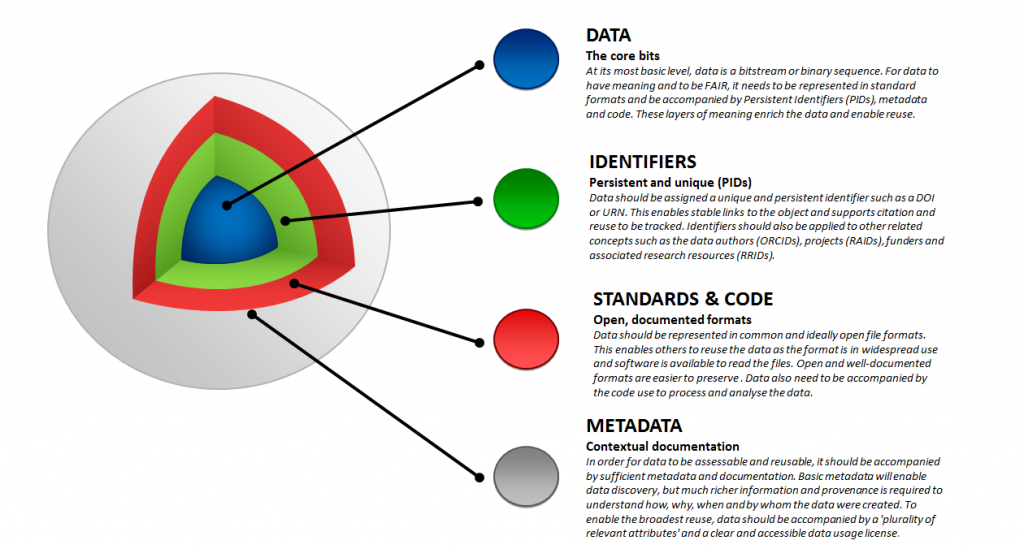Please consider submitting an abstract to
Harnessing the power of the digital revolution: Data- and computation-driven research for Environmental Hazards (Session 191), offered under the auspices of SciDataCon 2018, that will take place on
5-8 November 2018in Gaborone, Botswana as part of
International Data Week convened by CODATA, the ICSU World Data System and the Research Data Alliance. The deadline to submit an abstract is
Monday, 25 June:
https://www.scidatacon.org/IDW2018/submit/Important Dates:
Abstract submission: 25 June 2018
Conference: 5-8 November 2018 in Gaborone, Botswana
Conveners:
Carolynne Hultquist, Guido Cervone, Jenni Evans
The Pennsylvania State University, University Park, PA
Submissions may be made at https://www.scidatacon.org/IDW2018/submit/ – the deadline is 23:59 UTC on Monday 25 June. Please contact the organisers if you intend to submit a paper to this or any other session and it may be possible to allow a slight extension.
Session 191 – Call for Abstracts:
The study and understanding of environmental hazards is of crucial importance for the survival of our society and future generations. A single event can claim thousands of lives, cause billions of dollars of damage to infrastructure, and destroy the environment. Nowadays, the risks are the greatest they have been in human history due to the development of mega-cities, dams, nuclear power plants, and other high-risk facilities. We can face these risks by harnessing environmental data to better understand physical properties of hazards, predict the impacts, assess risk to human interests, respond to hazards, and evacuate effectively.
The digital revolution has changed the face of science to take advantage of information technologies and computation that are now part of everyday life. Environmental hazard data are more accessible than ever for research using technologies such as remote sensing, smart sensors, and models. At the same time, an explosion in the use of social media generated new data streams of information that can provide actionable data during emergency situations. These changes led to the collection of unprecedented massive amounts of data about people and their daily interaction with the world. The generation of data is faster than our ability to analyze them, and this is quickly leading towards a data-rich but knowledge-poor environment.
A major challenge is harnessing relevant environmental data for use in computing applications that increase the societal value of the data and can provide assessment of the direct impact of decisions. Methods for increasing the value of data may involve such topics as large-scale data analysis, data mining, data integration, visualization, data exploration or representation. A particular area of interest is handling the challenges of dealing with real-time data and computation to direct changes in such applications as disasters, smart cities, and smart grids.
This session welcomes interdisciplinary environmental research papers at the frontier of the digital revolution in data science and technologies. In addition to environmental science and natural hazards fields, research relevant to this session are likely to come from fields of geography, meteorology, computing, engineering, health, economics, urban studies, management, policy, etc.
SciDataCon 2018: The Digital Frontiers of Global Science
SciDataCon 2018 will address the theme of ‘The Digital Frontiers of Global Science’. In a hyperconnected world where the internet is pervasive and web technologies are driving major changes in our lives, research has become more than ever before digital and international. Furthermore, the major societal and scientific challenges facing humanity in this digital age are profoundly global in character, requiring the participation of researchers from all countries and disciplines. The data revolution is also a major source of the scientific opportunities to address these issues but to realize these potentials the frontiers of science, data analysis and stewardship must be advanced. Likewise, the data revolution must be inclusive, benefitting all, and harnessing all energies: no parts of the world and no disciplines should be left behind.
SciDataCon 2018 seeks to explore the digital frontiers of global science by bringing together research and practice papers from a wide range of perspectives. The scope is explicitly broad and inclusive, addressing all aspects of the role of data in research.
The high-level themes of the 2018 edition are:
- the digital frontiers of global science;
- a global and inclusive data revolution;
- applications, progress and challenges of data intensive research;
- data infrastructure and enabling practices for international and collaborative research.
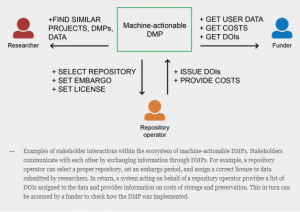 maDMPs are a vehicle for reporting on the intentions and outcomes of a research project that enable information exchange across relevant parties and systems. They contain an inventory of key information about a project and its outputs (not just data), with a change history that stakeholders can query for updated information about the project over its lifetime. The basic framework requires common data models for exchanging information, currently under development in the RDA DMP Common Standards WG, as well as a shared ecosystem of services that send notifications and act on behalf of humans. Other components of the vision include machine-actionable policies, persistent identifiers (PIDs) (e.g., ORCID iDs, funder IDs, forthcoming Org IDs, RRIDs for biomedical resources, protocols.io, IGSNs
maDMPs are a vehicle for reporting on the intentions and outcomes of a research project that enable information exchange across relevant parties and systems. They contain an inventory of key information about a project and its outputs (not just data), with a change history that stakeholders can query for updated information about the project over its lifetime. The basic framework requires common data models for exchanging information, currently under development in the RDA DMP Common Standards WG, as well as a shared ecosystem of services that send notifications and act on behalf of humans. Other components of the vision include machine-actionable policies, persistent identifiers (PIDs) (e.g., ORCID iDs, funder IDs, forthcoming Org IDs, RRIDs for biomedical resources, protocols.io, IGSNs
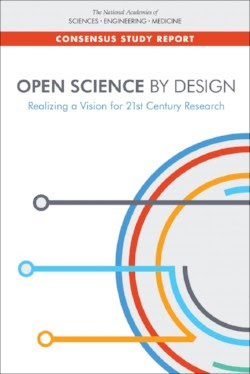

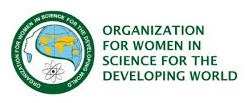

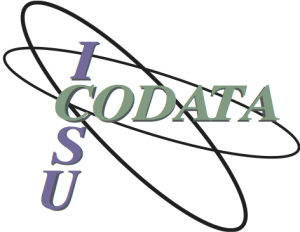 These Data Sets allow a deeper understanding of the urban and its problems, allowing the students to have a firmer control over possible bias and therefore analysing and giving solutions for overcoming thesituations.
These Data Sets allow a deeper understanding of the urban and its problems, allowing the students to have a firmer control over possible bias and therefore analysing and giving solutions for overcoming thesituations.
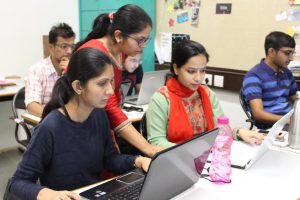
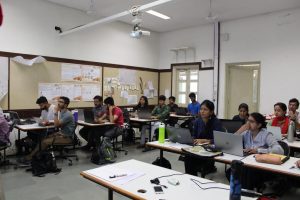
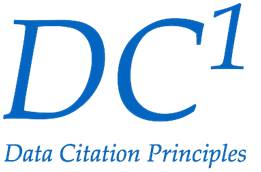
 The European Commission’s Expert Group on FAIR Data, chaired by Simon Hodson, CODATA Executive Director, published the
The European Commission’s Expert Group on FAIR Data, chaired by Simon Hodson, CODATA Executive Director, published the 